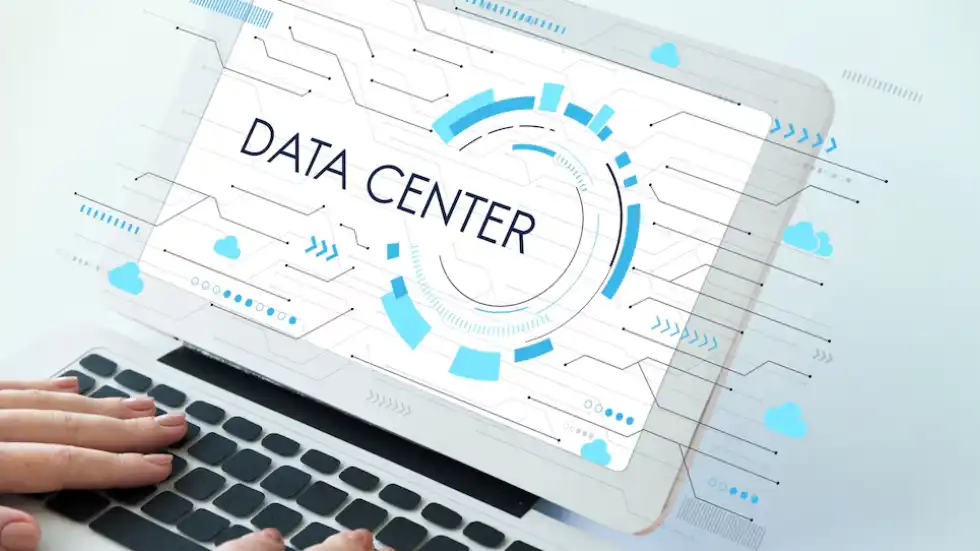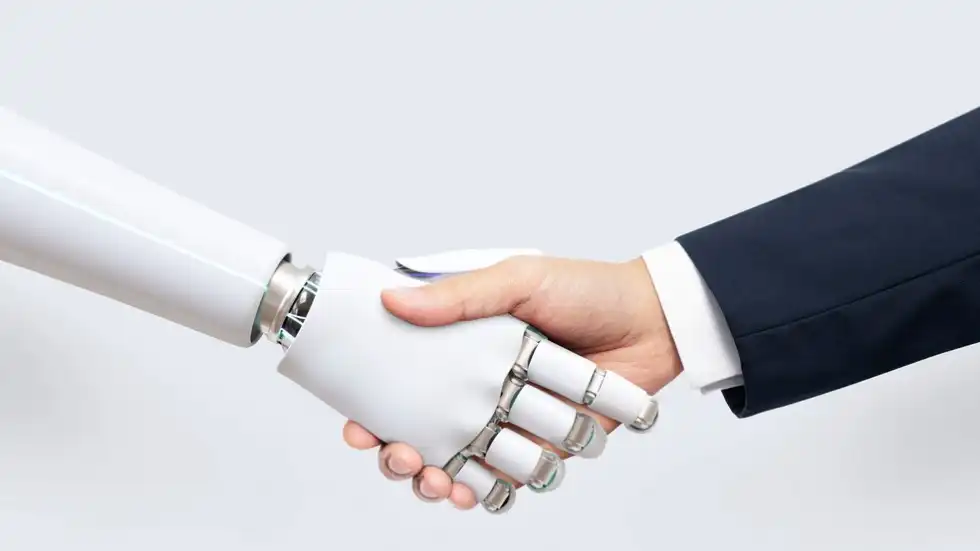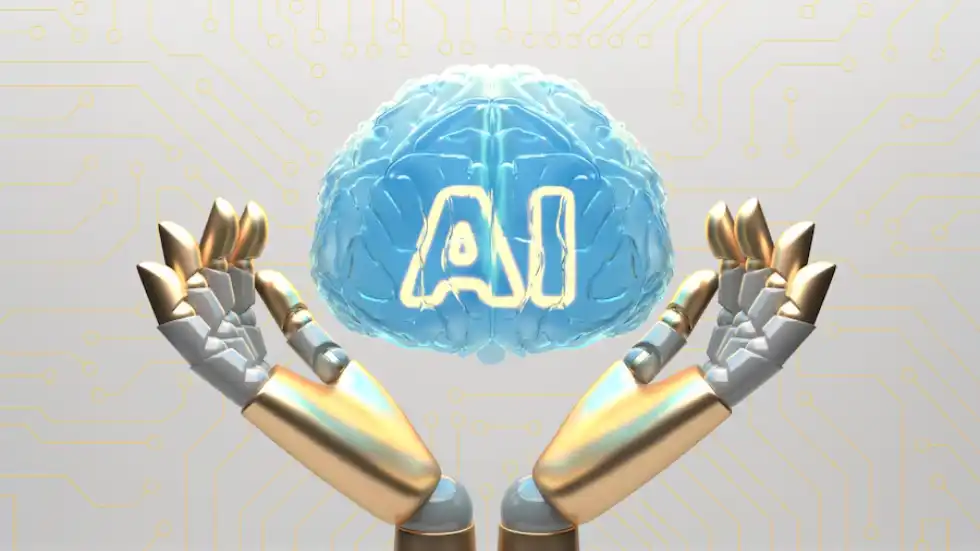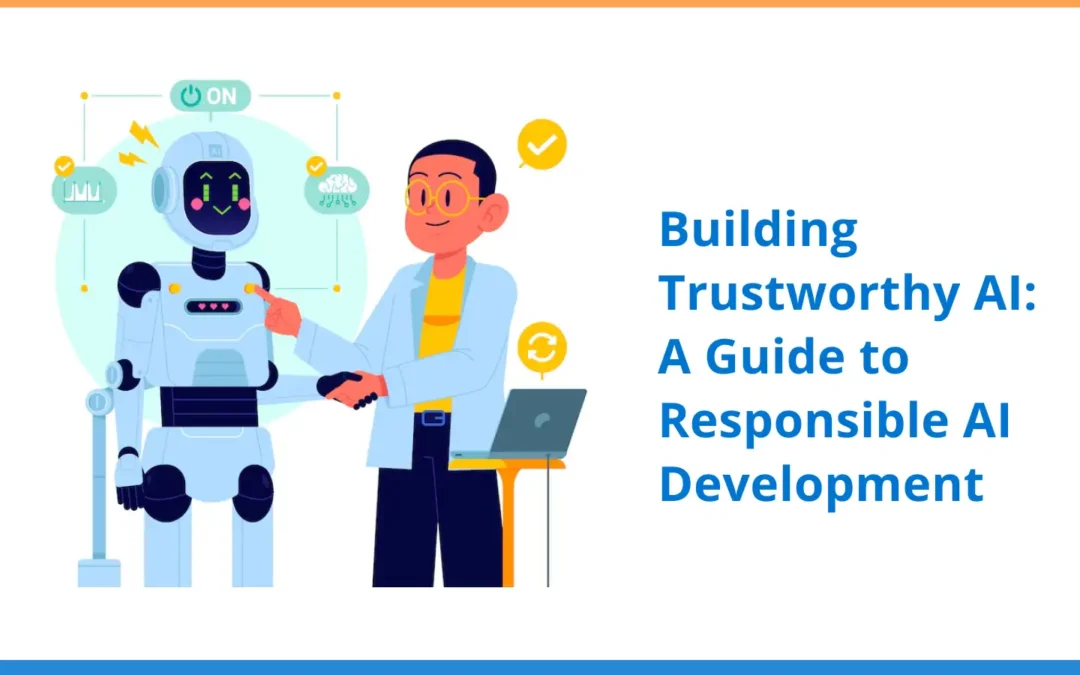The transformative power of Artificial Intelligence (AI) is undeniable. AI offers immense potential across industries, from revolutionizing healthcare to personalizing customer experiences.
However, harnessing this power responsibly is paramount for enterprises, startups, and seed funders like yourself. This blog explores the essential hygiene and ethical principles that form the foundation of responsible AI development and deployment.
Hygiene: Building on Clean Data and Robust Systems for responsible AI development

The quality of your AI hinges on the quality of the data it’s trained on. Here’s how to ensure clean and ethical data practices:
- Data Quality and Bias: Use clean, accurate, and diverse training data to avoid perpetuating biases. Implement fairness checks and debiasing algorithms to mitigate historical biases.
- Data Privacy and Security: Robust data security measures are crucial. Protect user privacy and prevent unauthorized access to sensitive data through encryption and access controls.
- Data Provenance and Explainability: Track the origin and lineage of your training data. This transparency allows you to identify potential biases and understand how the model makes decisions.
Transparency and Explainability: Building Trustworthy AI

For trust and accountability, consider these practices that are crucial for responsible AI development:
- Interpretable Models: Whenever possible, utilize AI models that are easy to understand. This allows for human oversight and intervention when necessary.
- Human Oversight and Control: Humans should be responsible for setting objectives, monitoring performance, and intervening when needed. Maintain human control throughout the AI lifecycle.
- Documentation and Auditability: Document the development process, including training data, algorithms, and evaluation methods. The documentation facilitates auditability and ensures responsible AI development.
Security and Robustness: Safeguarding Your AI Systems

Here’s how to ensure the safety and reliability of your AI, a critical aspect of responsible AI development:
- Adversarial Attacks: Malicious actors can manipulate data to trick AI models. Implement measures to mitigate such attacks and safeguard your systems.
- Safety and Reliability: Rigorous testing and validation are essential, particularly for AI applications that impact critical infrastructure or human well-being.
- Version Control and Monitoring: Implement version control for AI models and continuously monitor their performance for potential issues like biases or performance degradation over time.
Ethics: Aligning AI with Human Values

Ethical principles, a core tenet of responsible AI development, should guide AI development:
- Fairness and Non-discrimination: Design inclusive AI systems that cater to diverse needs. Utilize fairness checks and debiasing techniques to avoid perpetuating discrimination.
- Transparency and Accountability: Be transparent about how AI systems function and the data they utilize. Communicate limitations and potential risks associated with AI deployment. Establish clear lines of accountability for decisions made by AI systems.
- User Consent and Control: Obtain informed consent before collecting data for AI training. Give users control over how their data is used and ensure mechanisms for opting out.
- Privacy and Security: Collect and utilize only the minimum data necessary. Consider data anonymization where possible. Provide users with the “right to explanation” regarding AI decisions impacting them directly.
- Human Values and Societal Impact: Ensure your AI development aligns with established ethical principles like fairness, non-maleficence (avoiding harm), and beneficence (doing good). Conduct thorough societal impact assessments to identify potential risks and benefits of your AI system. Ultimately, we strive to develop AI that contributes to human flourishing and promotes a better future for all.
Conclusion: A Collaborative Effort for a Responsible AI Future

We can build trustworthy and socially beneficial AI systems by prioritizing hygiene and ethical considerations throughout the AI development lifecycle. This necessitates collaboration between developers, ethicists, policymakers, and the public.
Working together, we can ensure that AI is a powerful tool for progress, enhancing human capabilities and addressing some of society’s most pressing challenges.
Responsible AI development is not just a technical challenge; it’s a moral imperative for building a future where humans and AI coexist and collaborate for good.
Additional Resources:
